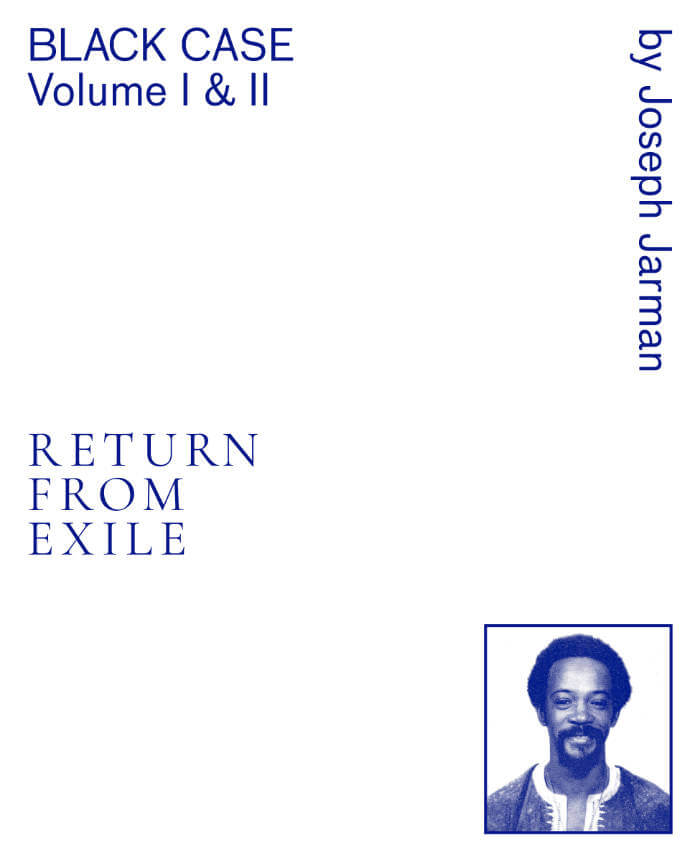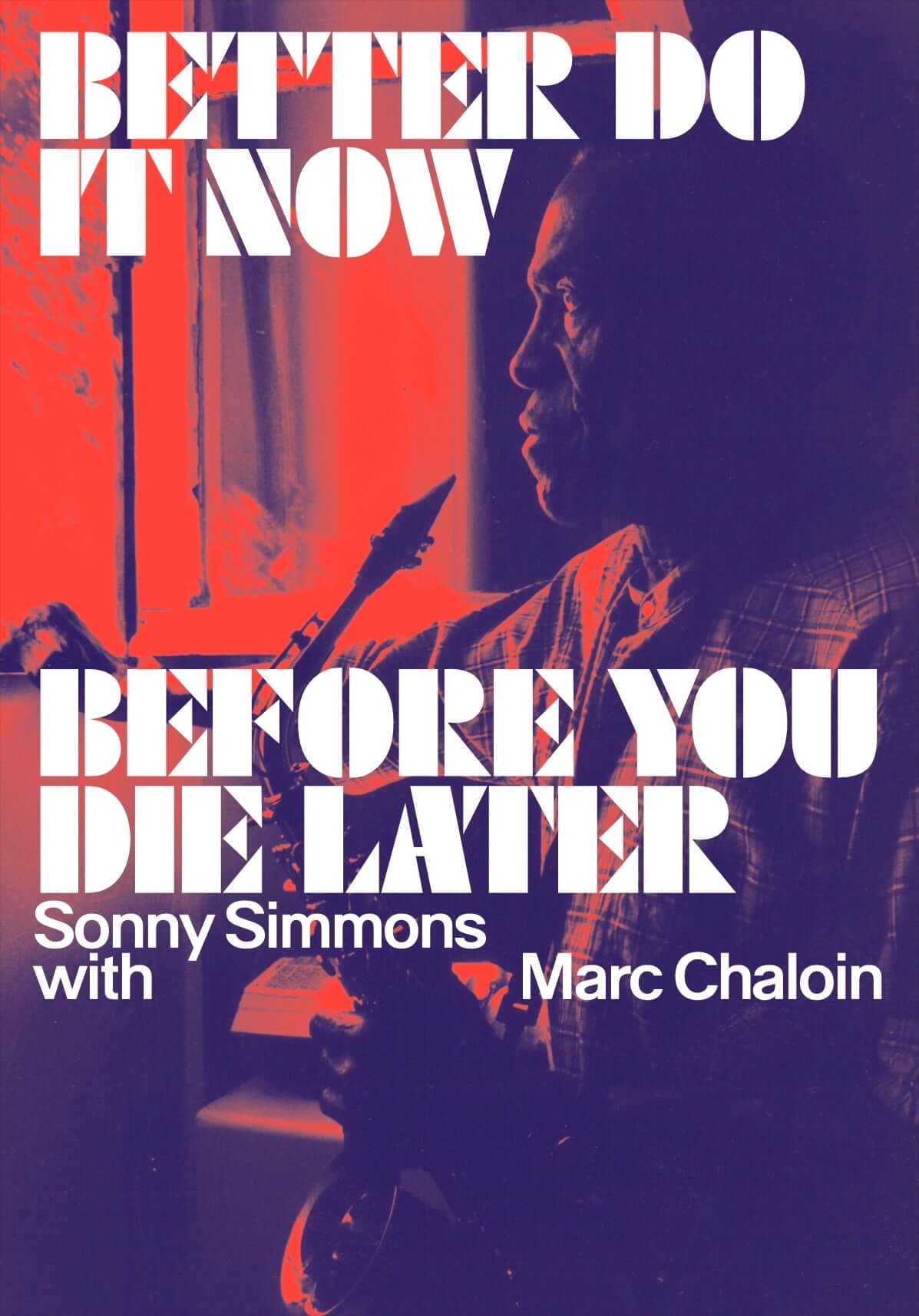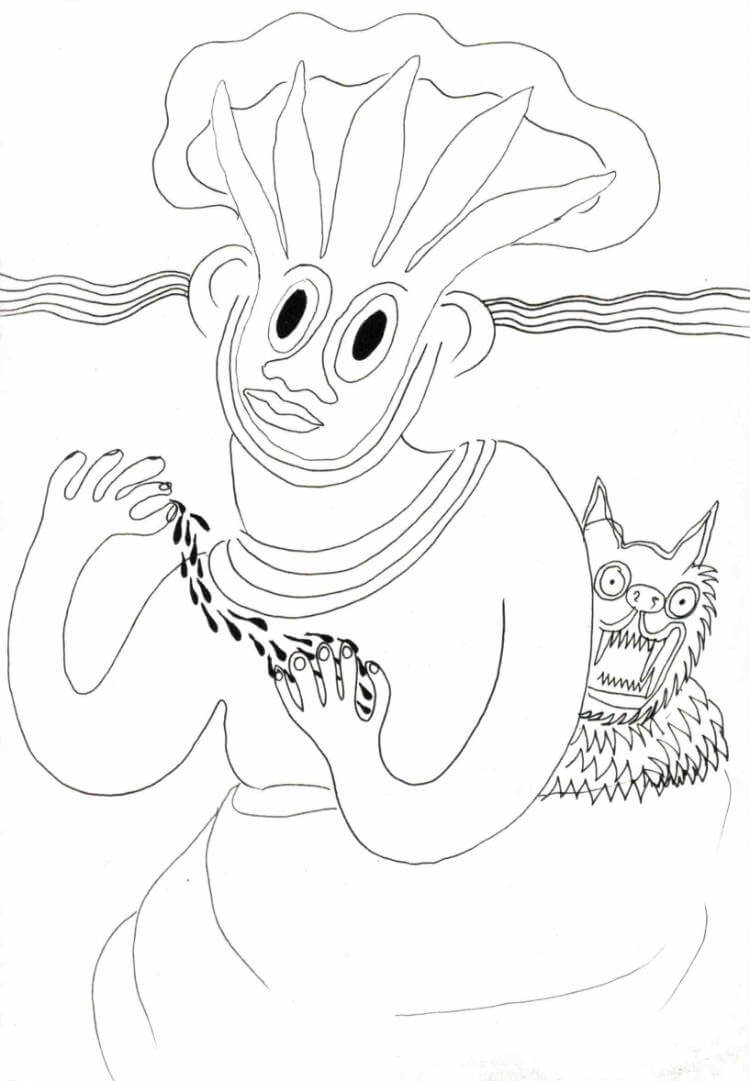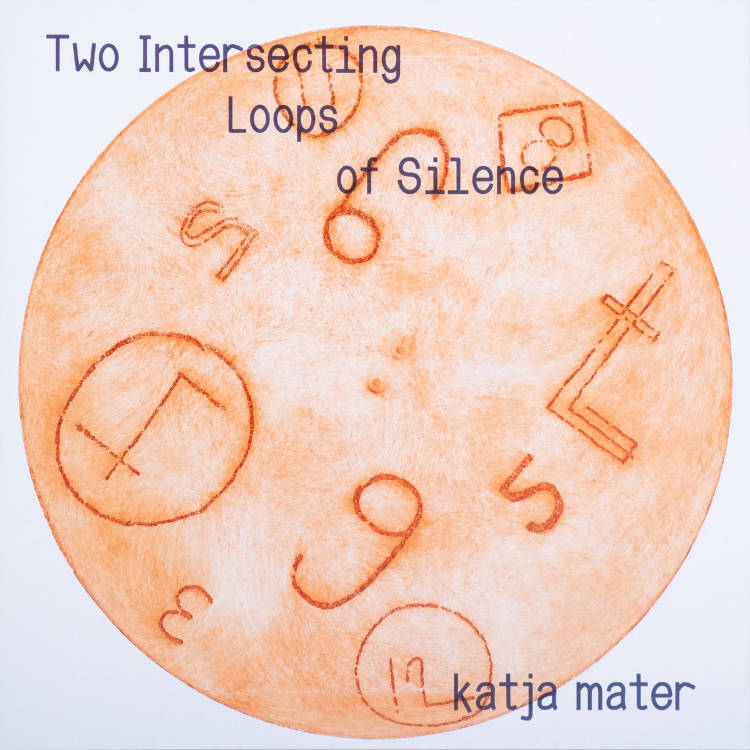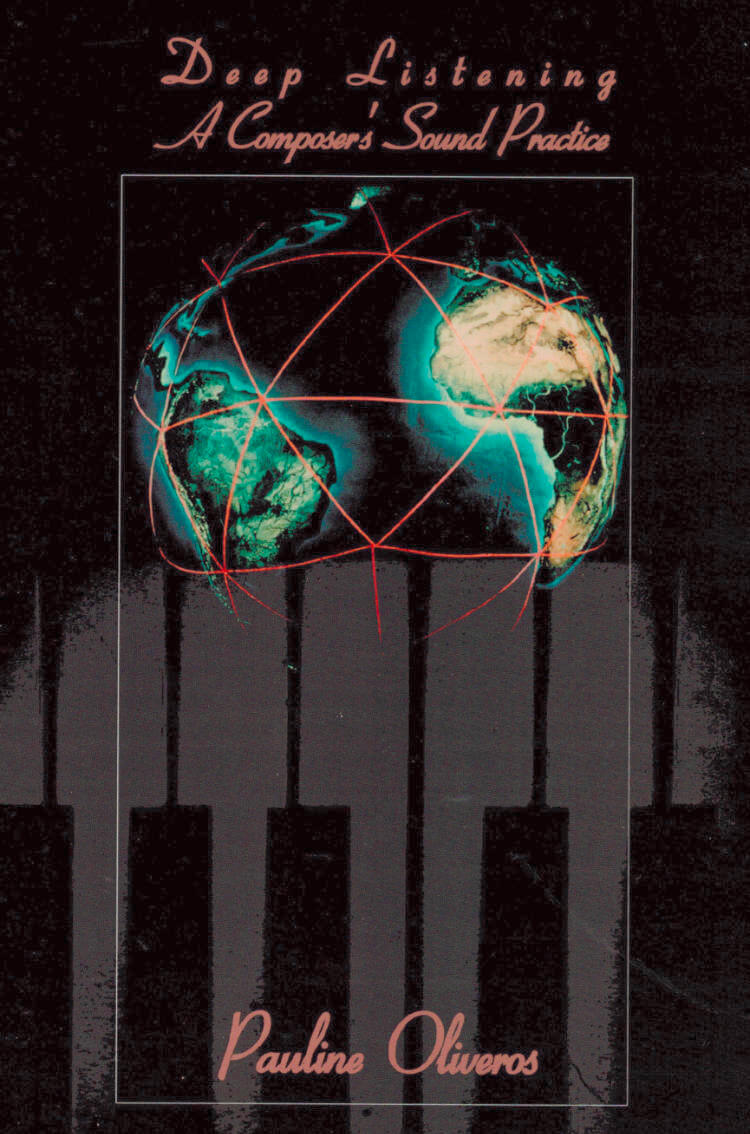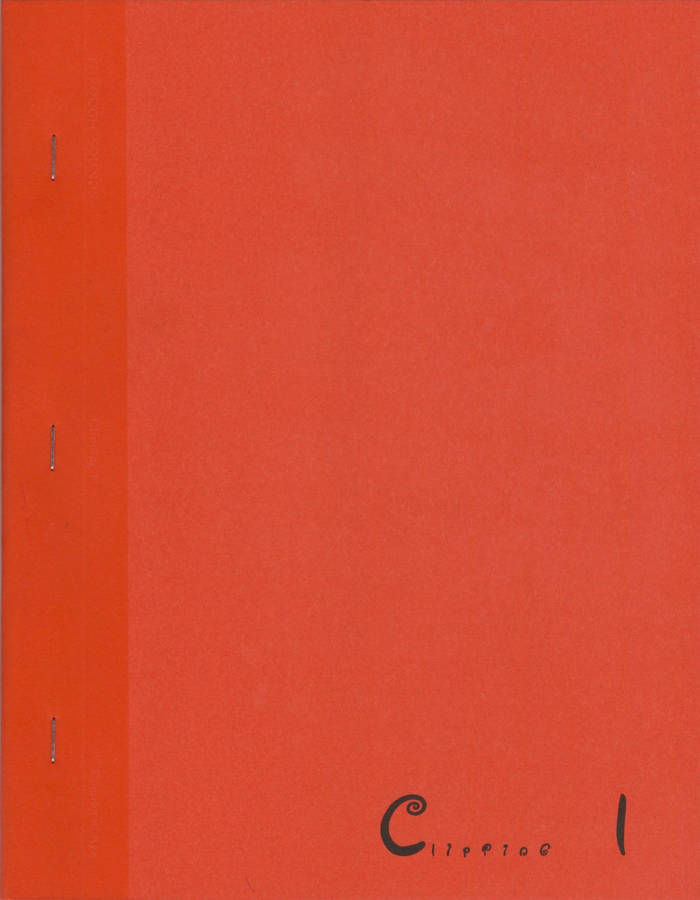
Blank Forms #06 – Organic Music Societies
Magnus Nygren, Naima Karlsson, Lawrence Kumpf
Archival documents and new writings on the intermedia collaborations of avant-garde jazz trumpeter Don Cherry and textile artist Moki Cherry.
Don and Moki Cherry (born Karlsson) met in Sweden in the late sixties. They began to live and perform together, dubbing their mix of communal art, social and environmentalist activism, children's education, and pan-ethnic expression “Organic Music.” Organic Music Societies, Blank Forms' sixth anthology, is a special issue released in conjunction with an exhibition of the same name devoted to the couple's multimedia collaborations. The first English-language publication on either figure, the book highlights models for collectivism and pedagogy deployed in the Cherrys' interpersonal and artistic work through the presentation of archival documents alongside newly translated and commissioned writings by musicians, scholars, and artists alike.
Beginning with an overview by Blank Forms Artistic Director Lawrence Kumpf and Don Cherry biographer Magnus Nygren, this volume further explores Don's work of the period through a piece on his Relativity Suite by Ben Young and an essay on the diasporic quality of his music by Fumi Okiji. Ruba Katrib emphasizes the domestic element of Moki's practice in a biographical survey accompanied by full-color reproductions of Moki's vivid tapestries, paintings, and sculptures, which were used as performance environments by Don's ensembles during the Sweden years and beyond. Two selections of Moki's unpublished writings—consisting of autobiography, observations, illustrations, and diary entries, as well as poetry and aphorisms—are framed by tributes from her daughter Neneh Cherry and granddaughter Naima Karlsson. Swedish Cherry collaborator Christer Bothén contributes period travelogues from Morocco, Mali, and New York, providing insight into the cross-cultural communication that would soon come to be called “world music.”
The collection also features several previously unpublished interviews with Don, conducted by Christopher R. Brewster and Keith Knox. A regular visitor to the Cherry schoolhouse in rural Sweden, Knox documented the family's magnetic milieu in his until-now unpublished Tågarp Publication. Reproduced here in its entirety, the journal includes an interview with Terry Riley, an essay on Pandit Pran Nath, and reports on counter-cultural education programs in Stockholm, including the Bombay Free School and the esoteric Forest University.
Taken together, the texts, artwork, and abundant photographs collected in Organic Music Societies shine a long overdue spotlight on Don and Moki's prescient and collaborative experiments in the art of living.
Language: English

